Deacon Profile: Will Wahl
Wahl found success on “Survivor” as the youngest ever contestant.
April 13, 2022
Will Wahl is a 24-year-old 2L student at Wake Forest University School of Law and a former contestant on the reality television show “Survivor”. In 2016, Wahl appeared on the show’s 33rd season, “Millennials vs. GenX,” in which the cast members were divided into two tribes based on their generation. He was only 18 years-old when the show aired, making him the youngest player ever and the only high schooler. Wahl survived 34 days out of the show’s 39-day duration, finishing in eighth place out of 20 contestants.
Tell me about your “Survivor” application process.
I applied right after I turned 18, and I tried to base my application on the character archetype that I would fit in — which would be the very young superfan. I pushed those two [qualities] as a selling point. I didn’t even know at the time that they would do a ‘Millennials vs. GenX’ season; I just got lucky there. I really tried to emphasize that I was 18, still in high school and would be the first-ever high school student to play.
You describe yourself as a “superfan”. When did you start watching the show and what makes you a “superfan”?
I started watching in middle school when Season 22 aired. I fell in love with the idea of people really pushing themselves, and I also loved the idea of creating a new society out there. People from all over America from different walks of life would come together to build this little society while also competing against each other for the $1 million, or for fame, glory or whatever they were fighting for. I found that to be really exciting, and it opened my eyes up to a little bit more about the world. Just watching the show got me to see different perspectives and then playing allowed me to do that even more so.
I was a fan for a very long time and went back and watched all the previous seasons before Season 22 and have continued watching since then. Back in high school, I was the guy who would always talk about “Survivor” and talk about how I was going to apply, and people would roll their eyes. But, when I was 18, it happened, and here I am now.
Why did you want to go on the show?
I wanted to live out that dream of playing “Survivor”. Malcolm from season 25 was a big inspiration for me. I wanted to prove to myself that I could do it and push myself in that way too. Also, I wanted to break out of my shell. I had barely traveled outside of the country beforehand, and I wanted to get out and experience the world.
Describe the feeling of arriving on the island.
It was surreal — seeing Jeff Probst in person and getting to talk to him and also finally getting to talk to everyone else because I wasn’t allowed to communicate with any of the other contestants beforehand. It didn’t hit me that I was out there until day 14 or 15. Until that point, it felt like I was watching “Survivor” but not playing. I felt like I was getting a front-row seat to watch, and it wasn’t until a little while in that I realized ‘Oh no, you actually have to play.’
You are the youngest player to ever play the game. How did you prove to your tribemates that you belonged?
Some of my tribemates may have discounted my ability to play the game, but some people thought I was a threat and didn’t want me to be at the end because they didn’t want me to get a vote just for being young. Other people would say that they would have never voted for me in the end. From a personal perspective, however, everyone was really kind to me. A couple of people have told me that they had to remind themselves that I was so young because I came across to be a very similar age to them, at least on the Millennial tribe.
What was the strongest aspect of your game?
Definitely the social aspect. I couldn’t compete physically with some of the older people, and being so young, it hurt me strategically. So I tried to be a very social player. I tried to be very involved in the tribe dynamics and politics, and I wanted to always be present at camp so that people would see me and associate me with being part of the group.
What was your best move? Your worst move?
My best move was winning immunity at the final 13 because I think I would’ve been eliminated if I hadn’t won, but, strategically, teaming up with Jay was my best move. He and I had a really great bond out there, and I wish I had trusted him more in the end, but, for a long time, that was my best alliance. My worst move was voting out Michaela. Honestly, I do think she wanted to go to the final four with me, Jay and Hannah. If we did go to the merge together, she would have been one of my closest allies. I misread that situation and probably just wanted to make a big move, but that was not the best move at the time.
What was life like immediately post-Survivor?
It was surreal. I was still in high school, and when I came back, prom was a week later. [“Survivor”] felt like a different world, and the next thing I know I’m back in regular high school, and I had to readapt to that. I was still taking classes and trying to graduate on time. Honestly, playing the game was not as hard as coming back and having to readjust.
Is there anything you learned while on the show that you still carry with you in your everyday life?
I carry with me the drive and knowledge that I can push myself further than I think. Coming to law school, that’s something I carry with me a lot. When things get tough, I know that I can push myself further and that I can do this. It’s a constant reminder that I can achieve what I set my mind to.
What’s harder: “Survivor” or Wake Forest School of Law?
Honestly, Wake Forest Law. If Wake Forest Law was 39 days, then I would definitely say “Survivor,” but since it’s three years, it’s tougher.


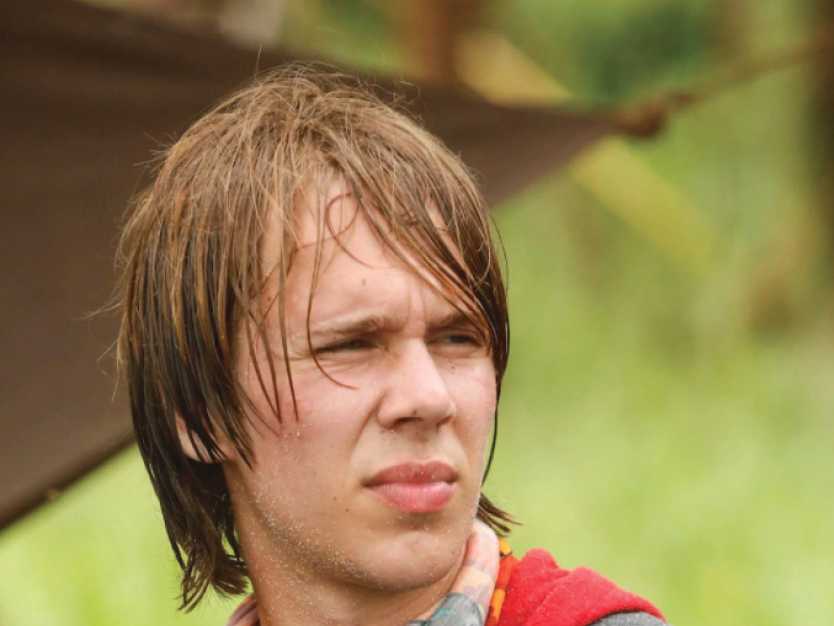
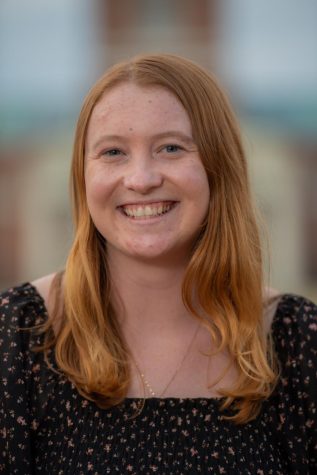










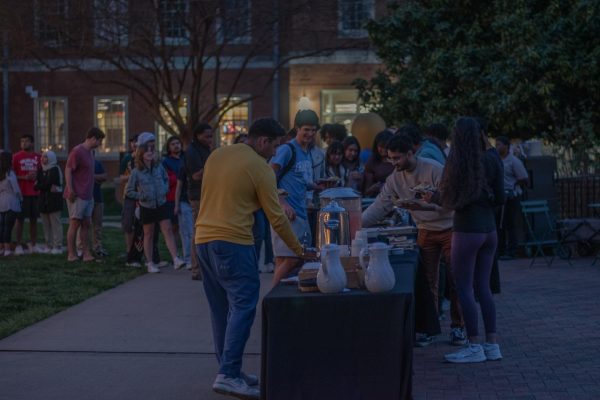
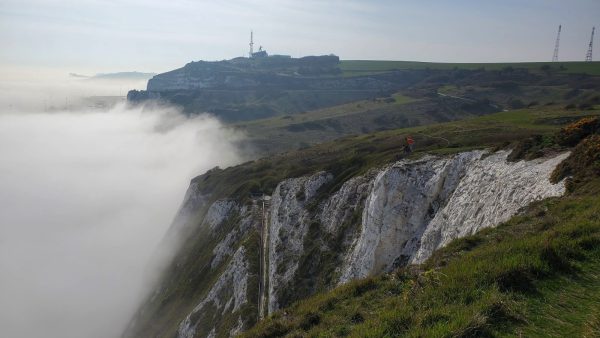
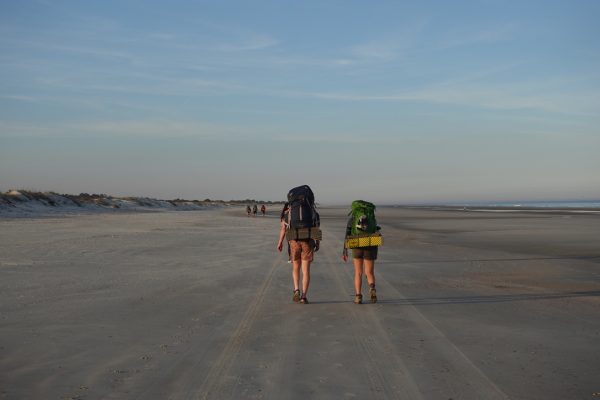
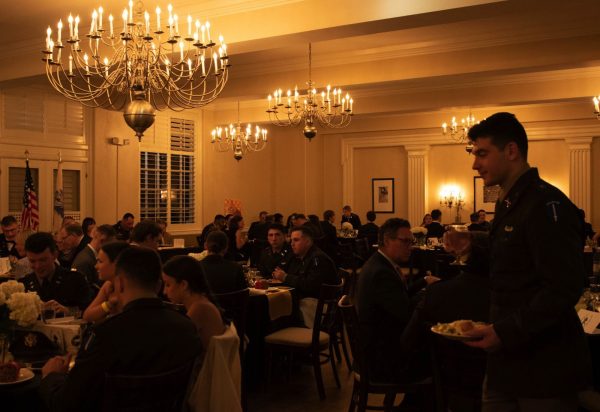
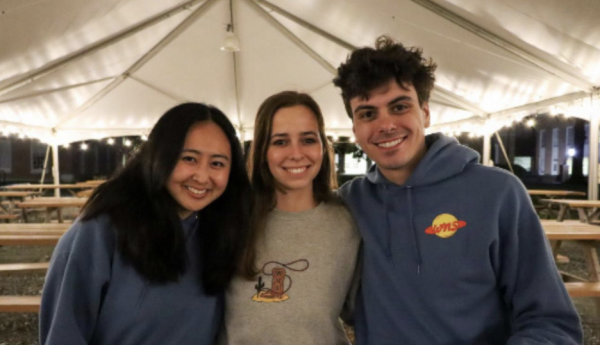
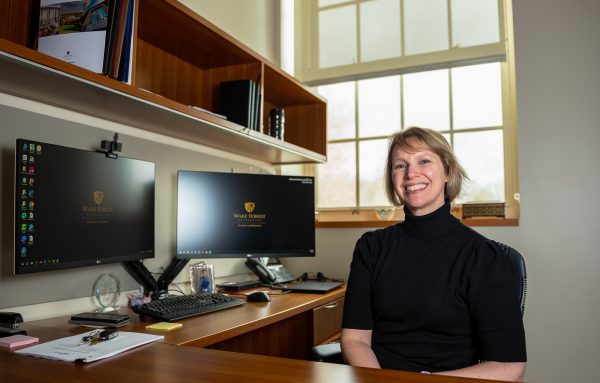

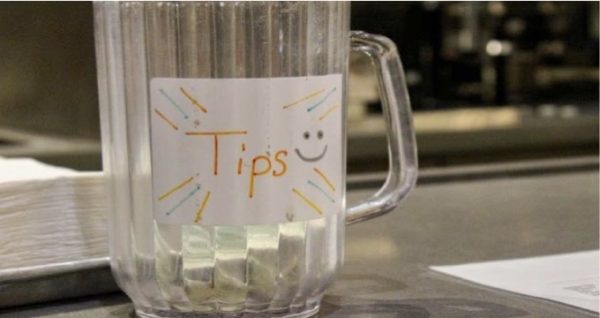
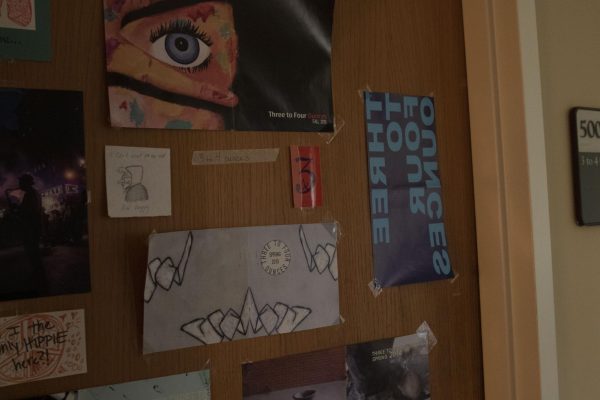
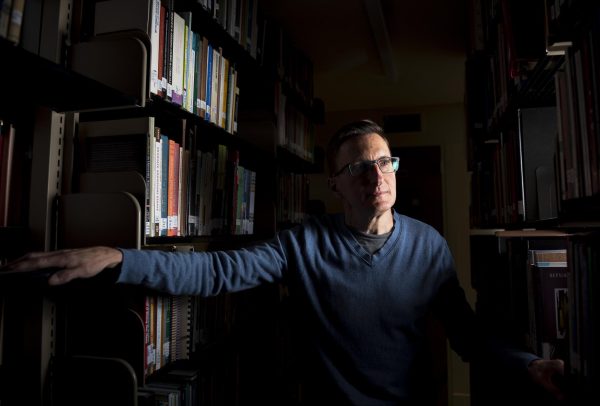
Janet Hyatt • Apr 13, 2022 at 9:31 pm
Enjoyed the interview! Keep up the good work. Very happy for your success.